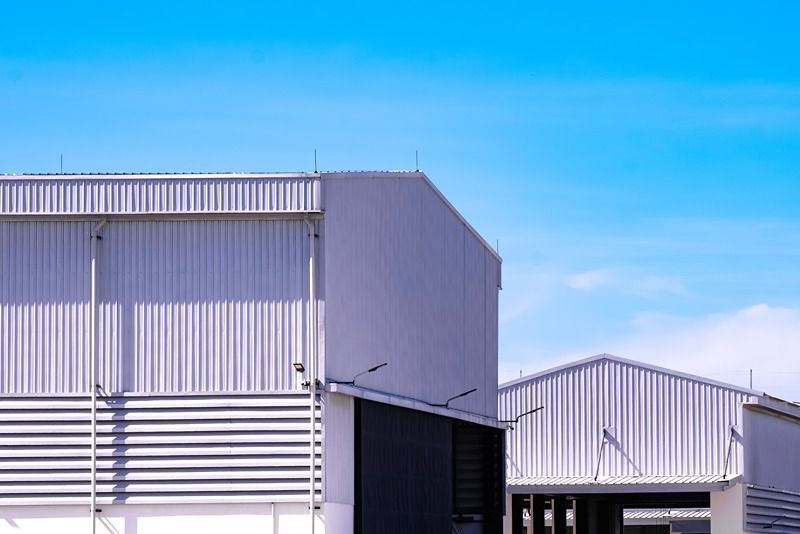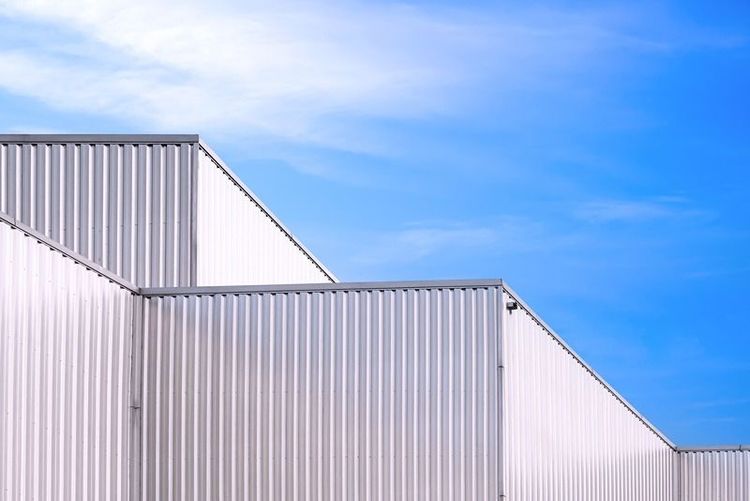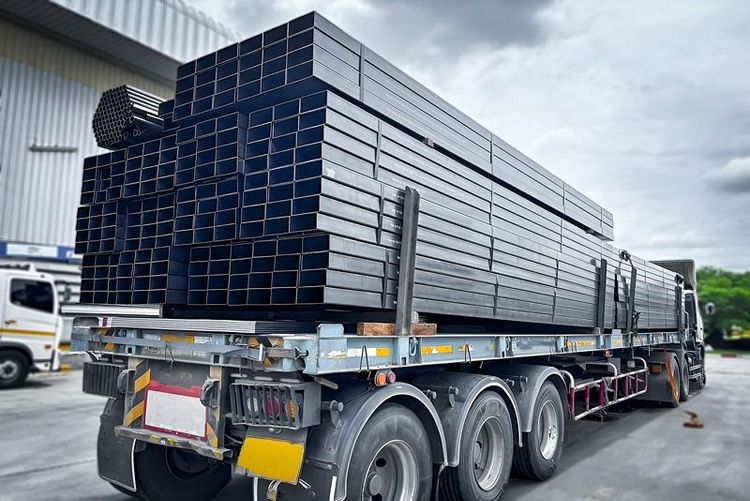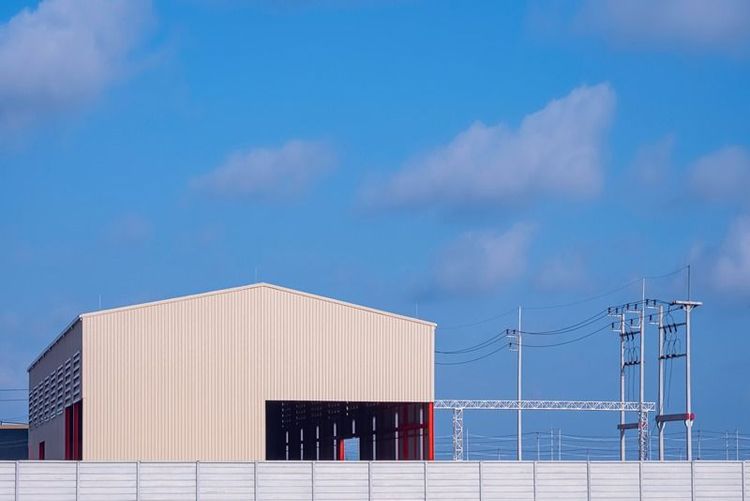Steel is a fundamental material in the construction of warehouses, offering numerous advantages that enhance both the functionality and longevity of these essential structures. From providing unmatched strength and durability to enabling flexible design and rapid construction, steel’s role in the warehouse industry is indispensable. Here’s a closer look at how steel contributes to the structural integrity of warehouses and why it is considered an ideal material for this purpose.
1. Exceptional strength-to-weight ratio
One of steel's standout features is its high strength-to-weight ratio, meaning it can support substantial loads without adding excessive weight to the structure. This is particularly advantageous for warehouse construction, where large spans and open spaces are required for optimal storage solutions. Using steel allows for lighter structures without compromising strength, making it easier to construct large, open floor plans without requiring numerous supporting columns. This not only maximises storage capacity but also improves the efficiency of warehouse operations by facilitating the easy movement of goods and machinery.
2. Superior durability and longevity
Steel is renowned for its durability and resistance to various environmental factors, including moisture, pests, and extreme weather conditions. Unlike wood, which can deteriorate over time due to rot or insect damage, steel remains stable and robust, ensuring a long lifespan with minimal maintenance. This durability is particularly important in the warehouse industry, where structures must withstand heavy use and exposure to potentially harsh environments. Steel’s ability to maintain its structural integrity over time reduces the need for frequent repairs or replacements, making it a cost-effective choice in the long run.







 +91 7208055523
+91 7208055523
 Help & support
Help & support
